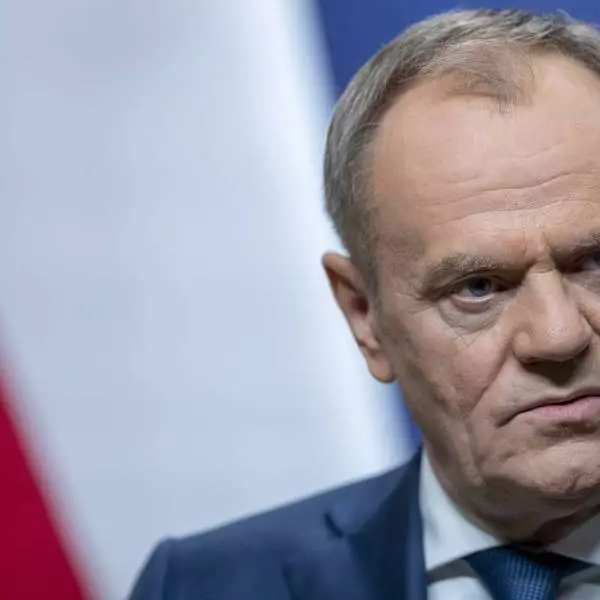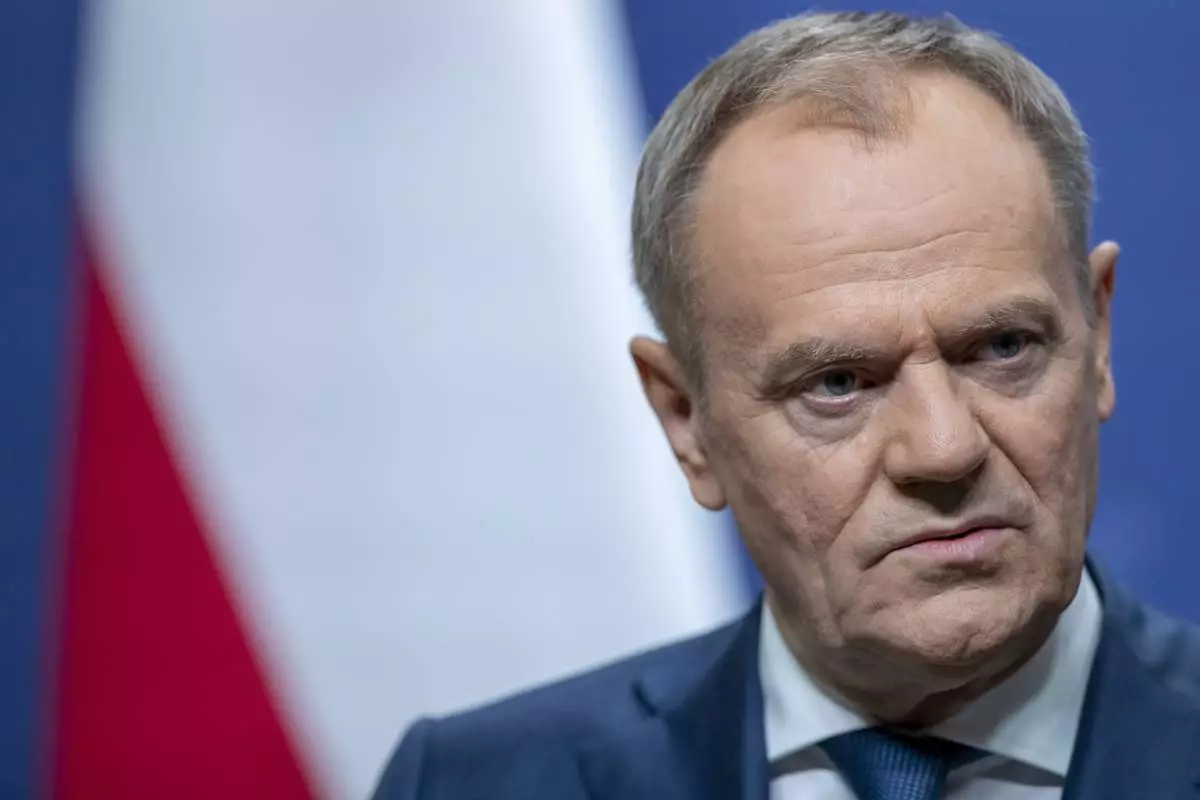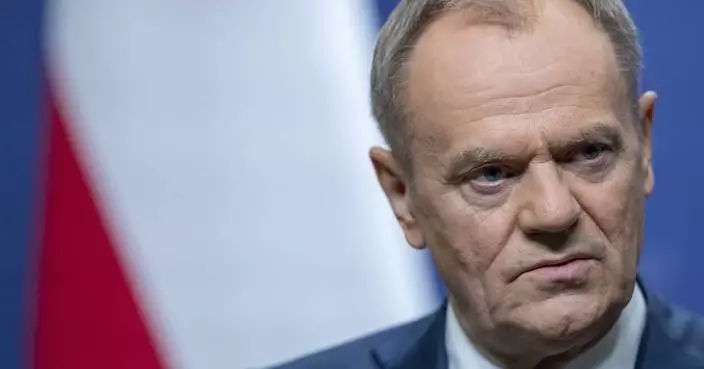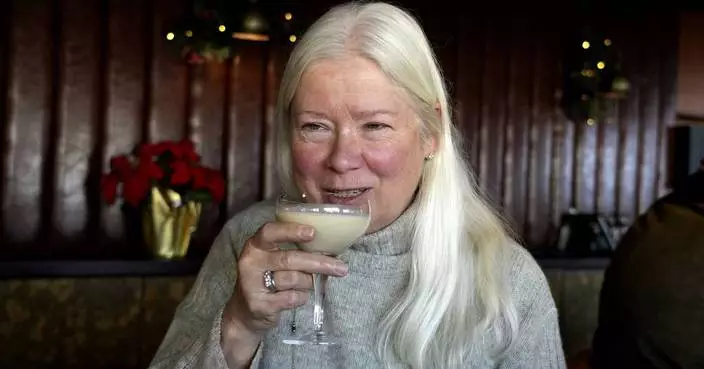WARSAW, Poland (AP) — Poland's Prime Minister Donald Tusk on Monday defended a plan to suspend the right to asylum as human rights and civil society organizations argued that fundamental rights must be respected.
Poland has struggled since 2021 with migration pressures on its border with Belarus, which is also part of the European Union's external border.
“It is our right and our duty to protect the Polish and European border,” Tusk said on X. “Its security will not be negotiated.”
Successive Polish governments have accused Belarus and Russia of organizing the mass transfer of migrants from the Middle East and Africa to the EU's eastern borders to destabilize the West. They view it as part of a hybrid war that they accuse Moscow of waging against the West as it continues its nearly three-year full-scale invasion of Ukraine.
Some migrants have applied for asylum in Poland, but before the requests are processed, many travel across the EU’s border-free travel zone to reach Germany or other countries in Western Europe. Germany, where security fears are rising after a spate of extremist attacks, recently responded by expanding border controls at all of its borders to fight irregular migration. Tusk called Germany’s move “unacceptable.”
Tusk announced his plan to suspend the right for migrants to seek asylum at a convention of his Civic Coalition on Saturday. It's part of a strategy that will be presented to a Cabinet meeting on Tuesday.
The decision does not affect Ukrainians, who have been given international protection in Poland. The United Nations estimates that about 1 million people from neighboring Ukraine have taken refuge from the war in Poland.
Dozens of nongovernmental organizations urged Tusk in an open letter to respect the right to asylum guaranteed by international conventions that Poland signed, including the Geneva Convention on the Status of Refugees and the Charter of Fundamental Rights of the European Union, and Poland's own constitution.
“It is thanks to them that thousands of Polish women and men found shelter abroad in the difficult times of communist totalitarianism, and we have become one of the greatest beneficiaries of these rights,” the letter said.
It was signed by Amnesty International and 45 other organizations that represent a range of humanitarian, legal and civic causes.
Those who support Tusk's decision argue that the international conventions date to an earlier time before state actors engineered migration crises to harm other states.
“The Geneva Convention is from 1951 and really no one fully predicted that we would have a situation like on the Polish-Belarusian border,” Maciej Duszczyk, a migration expert who serves as deputy interior minister, said in an interview on private radio RMF FM.
Tusk has argued that Finland also suspended accepting asylum applications after facing migration pressure on its border with Russia.
“The right to asylum is used instrumentally in this war and has nothing to do with human rights,” Tusk said on X on Sunday.
A spokesperson for the European Commission, the EU's executive branch, acknowledged the challenge posed by Belarus and Russia, and didn't explicitly criticize Tusk’s approach.
“It is important and imperative that the union is protecting the external borders, and in particular from Russia and Belarus, both countries that have put in the past three years a lot of pressure on the external borders,” Anitta Hipper said during a briefing Monday. “This is something that is undermining the security of the EU member states and of the union as a whole.”
But she also underlined that EU member countries are legally obliged to allow people to apply for international protection.
Hipper noted that the commission intends to “work on ensuring that the member states have the necessary tools to respond to these types of hybrid attacks.”
Associated Press writer Lorne Cook in Brussels contributed to this report.
Follow AP’s coverage of migration issues at https://apnews.com/hub/migration

Polish leader Tusk defends decision to suspend asylum law

FILE - Poland's Prime Minister Donald Tusk pauses as he speaks, during a news conference following his meeting with Lithuania's Prime Minister Ingrida Simonyte at the government's headquarters in Vilnius, Lithuania, on March 4, 2024. (AP Photo/Mindaugas Kulbis, File)

Polish leader Tusk defends decision to suspend asylum law










